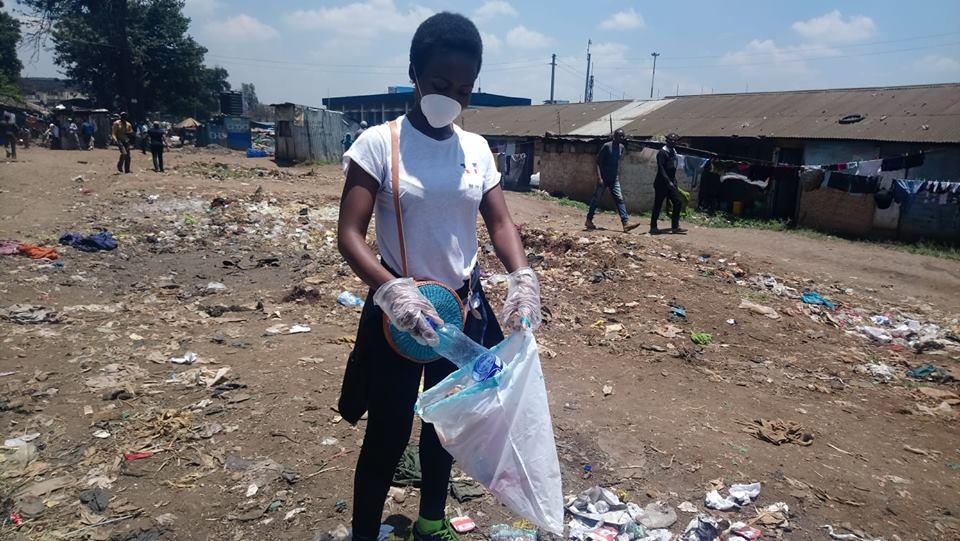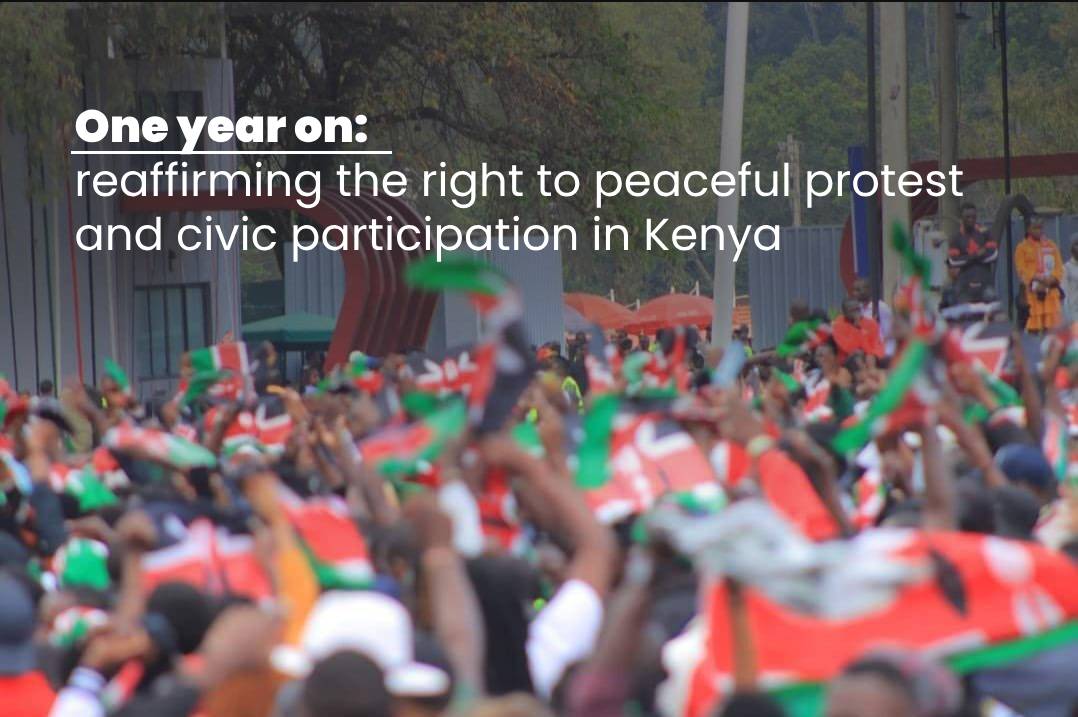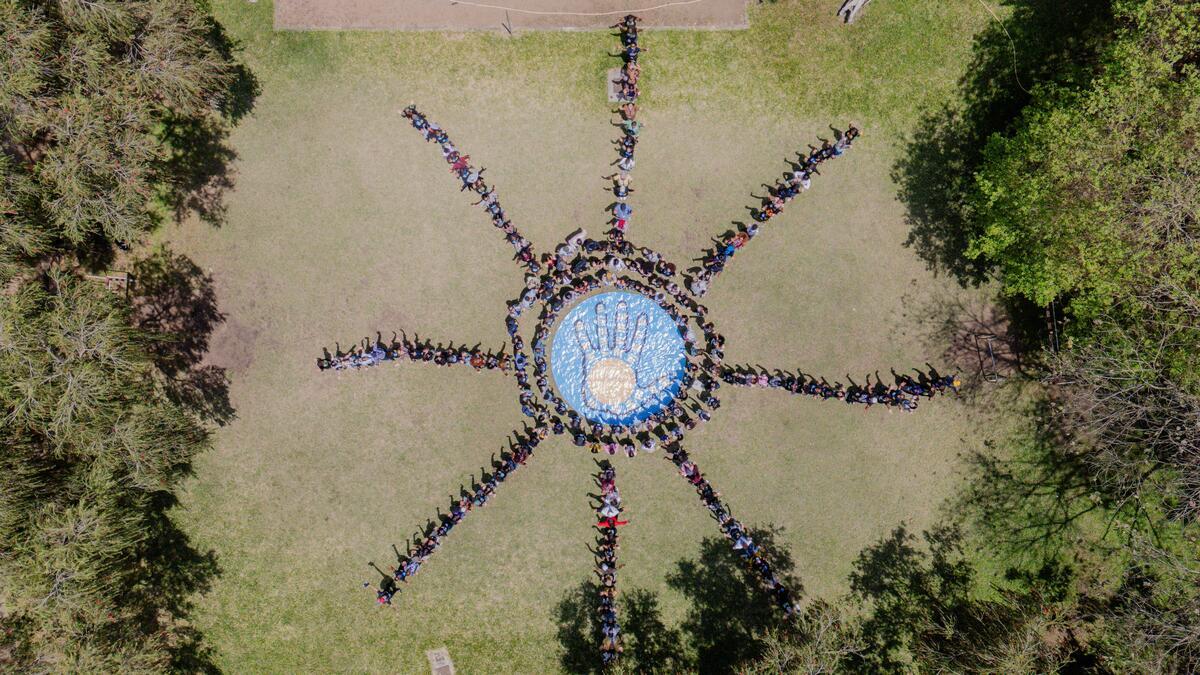New research backed by over a hundred medical experts worldwide confirms that reusables are safe to use during the current global COVID-19 pandemic, for as long as proper hygiene practices are followed. This is a glimmer of hope in Senegal’s ambition toward a plastic-free future.
The pain of the past months had been felt everywhere in the world. Almost half a million people have died and five million got sick because of COVID-19. Many hundreds of millions were indirectly affected by the loss of a loved one, the loss of their income, and the impact of global prolonged lockdowns. Epidemiologists and economists are rushing and struggling to quantify the damage.
Yet the past months have also seen encouraging signs. In many places solidarity networks between citizens have formed, as well as aid-groups. Countries have seen their air pollution levels drop, noise pollution has fallen, and the rates of consumption have plummeted.
On a socio-economic level, many have come to realize that much of the consumerism of the pre-pandemic age was in fact redundant. Those of us with an office job saw that meetings can take place remotely. Flying became a health risk and driving and spending hours in traffic turned out to be unnecessary. With that, global oil consumption and prices reached historically low records.
Many rediscovered the joy of baking and cooking because of COVID-19 lockdowns. Consequently, heaps of plastic wrapping and containers, used to carry a sandwich grabbed en route to work, became obsolete as well. This single-use trash industry is, of course, part of what sustains the fossil fuel industry.
All these social changes, imposed by the worst health crisis the world had known in over a century, came at a time of great technological breakthroughs. According to the Milken Institute, renewable sources of power are more affordable than carbon-based electricity in two-thirds of the world. Solar and wind farms are about to cost less than coal-fired power plants. Change is coming even to oil kingdoms like Texas or the Middle East. Houston is going 100% green years earlier than planned.
A study published in March found that relinquishing fossil fuels in favor of generation based mainly on solar and wind could help cut costs by between 55% and 69% compared to a business-as-usual scenario. In fact, the United States can reach 90% clean electricity by 2035, without raising customer costs at all from today’s levels. Even oil and gas dreamers in “emerging markets” like my home country Senegal, are facing growing difficulties as a result of COVID-19.
This leads to political and corporate madness. Oil producers like Saudi Arabia and Russia are frantically lowering and raising prices. Another frustrated actor has been the plastic industry. Facing its demise, the plastic industry embarked on a cynical PR campaign, in which it exploited the pandemic to tell us we must stick to single-use products to avoid getting sick. In the US, the oil industry is lobbying for a rollback on single-use bans.
But if reusability meant greater fatality rates, infections would have spiked all over Africa, where many cannot afford single-use masks and resort instead to fashionable reusable ones. Witnessing the plastic nightmare that has buried our cities and our oceans, Senegalese people demanded their government to enforce a scheduled ban on most single-use plastics even in the midst of the COVID-19 pandemic. There have been considerable quantities of single-use plastic withdrawn from most commerce ( Hypermarkets, shops, gas stations). Around 16 tonnes of plastic bags have been seized by the services of the Ministry of Environment and Sustainable development with the police that have been confiscating plastic shipments to the country, at the same time as it was enforcing a partial lockdown.
These are types of necessary measures in a country like Senegal, in which an average of 5 million plastic bags are used everyday by households. This does not only drown the beauty of our streets and our shores, but also causes 30% of livestock deaths, after they eat fragments of plastic bags scattered in the wild, the killing of sea turtles who mistake plastic bags for jellyfish, and more. The negative impacts of plastic pollution on terrestrial and marine ecosystems are notorious with serious consequences for public health.
Clean-up days and brand audits by NGOs like Greenpeace Africa, Zero Dechets (Zero Waste) and others, have contributed to a growing awareness about plastic pollution across the continent. In Senegal, water sachets and plastic cups were always at the top of the list of plastic waste collected. In fact, of the 1,731 discarded items collected in Greenpeace Africa’s most recent audit, plastic sachets and cups accounted for 86%.
Declarations on environmental bans win good media coverage, but only implementation is truly welcomed by Senegalese people. A Plastic Bags Ban Law (n° 2015-09) was adopted in Senegal as early as 2015, but it was not effectively implemented by local authorities until five years later. In April this year, the Senegalese Ministry of Environment and Sustainable Development applied the ban all water sachets and plastic cups in the country, using a more recent law (law n° 2020-04 on “the prevention and reduction of plastic products impact on the environment”, voted on January 8, 2020 and replacing the former one). This measure also reinforces programmes such as “Zero Waste” and “Clean Senegal”, championed by the President of the Republic, Macky Sall.
Building on this positive act by Senegal’s government, Ministers for Environmental Protection of the 15 member countries of the regional body ECOWAS (Economic Community of West African States) have also agreed to ban the import, production and marketing of plastic packaging in the entire region by 2025. The ban applies also to the installation of new plastic packaging production units in the ECOWAS countries.
This regional approach to phase out single-use plastic, along with the renewed commitment by Senegalese authorities, constitutes a great leap forward in the fight against plastic pollution. It represents a major milestone in the campaign to see the beauty of West Africa again.
The story of Senegal should inspire and influence other African countries to go plastic free. Senegal’s turn away from single-use plastic can become the new normal in other countries too. After all, plastic-free living is not just anchored in social and technological developments, but in science as well.
A statement signed by over a hundred medical experts around the world, assembled by Greenpeace, affirms that reusable alternatives are safe to use because the virus’ main mode of transmission is aerosolized droplets. Reusable products are easily cleaned and safe when proper hygiene practices are followed. Single-use ones are just as likely to carry a virus on their surface.
We are in a unique moment in history in which we can radically transform the patterns of our consumerism, which are inevitably linked to the destruction of our environment. And we have the science, technology, and human spirit on our side to withstand COVID-19 without letting the virus become the excuse that a faltering fossil fuels industry had been looking for.
Awa Traoré is an Oceans Campaigner at Greenpeace Africa




